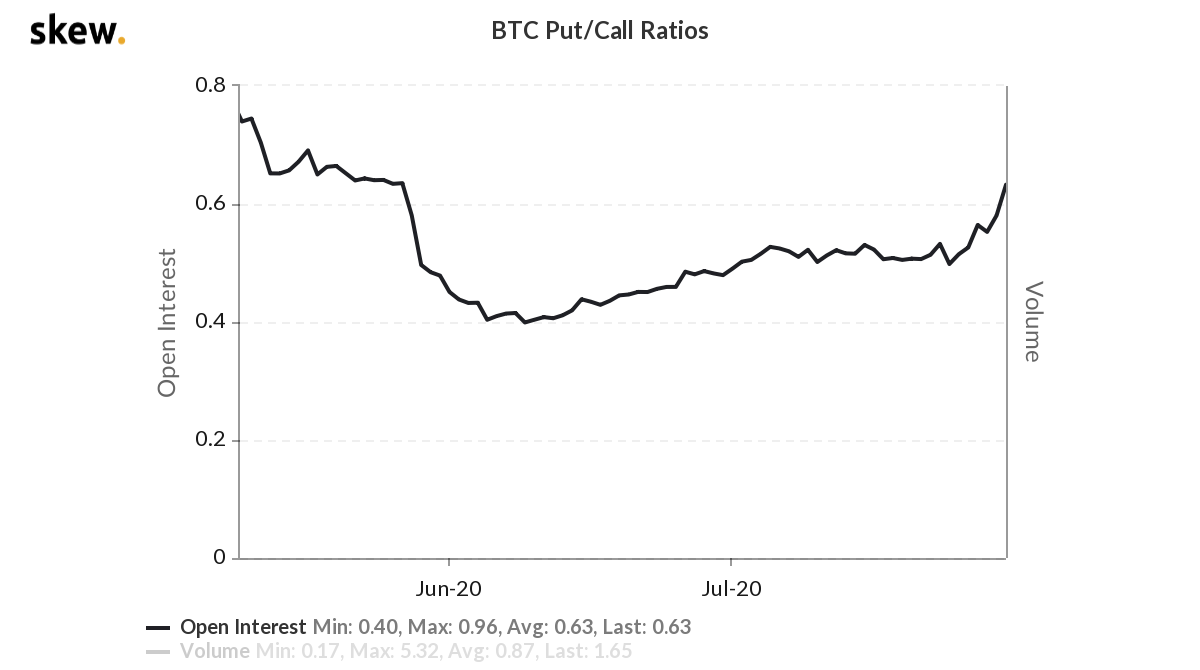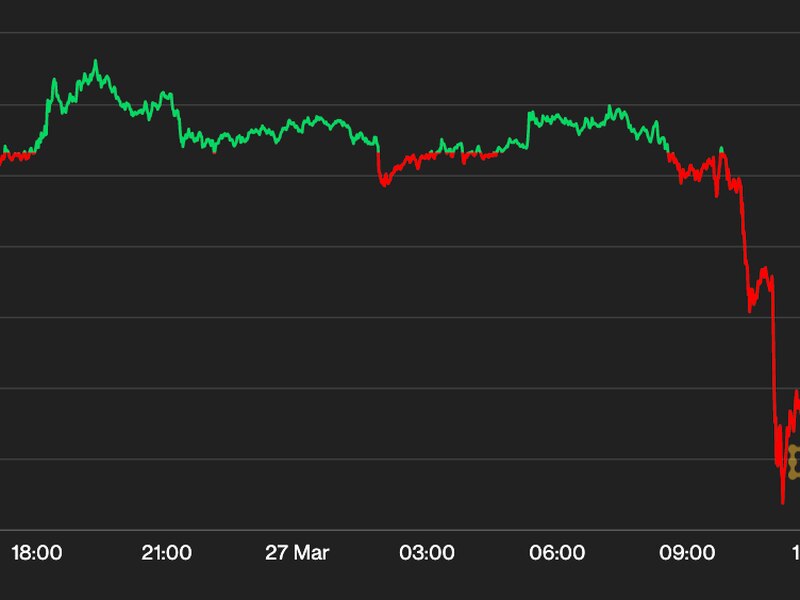South Korea’s April 10 Election: What’s at Stake for the Crypto Universe
/arc-photo-coindesk/arc2-prod/public/LXF2COBSKBCNHNRE3WTK2BZ7GE.png)
-
South Koreans will vote on April 10 having considered crypto-related poll promises that the two main parties have made.
-
The role of crypto may have become even more significant in this election than the previous one.
In March 2022, former prosecutor Yoon Suk Yeol won the South Korean Presidential election by a margin of less than 1%, or 247,077 votes. It was the closest presidential election in the nation’s history.
Just about two months later, the Terra stablecoin crash wiped away some $60 billion globally, with some 280,000 South Koreans reported to have been victims.
There are more than 280,000 crypto investors in the nation – South Korean prosecutors said there were 6.27 million crypto users in September 2023.
If even 247,078 of these voters had cast their ballot only based on the crypto policies of candidates, the numbers suggest, the election result could have turned out differently. South Korea is one day away from an important election in which crypto has certainly been an issue. The role of crypto may have become even more significant in this election than the previous one.
Young people could play a decisive role, analysts say, in a nation of about 52 million people. The crypto ecosystem of which young people make up a majority, has gone through a frenzy, shaking off and emerging from the shadow of Do Kwon and Terra, but crypto-related political promises may have acted as dopamine to activate voters from the sector.
2024 Legislative Election
On April 10, 2024, the nation is heading into its legislative polls which will see multiple parties and coalitions battle it out for 300 seats in the national assembly. It’s expected to come down to two parties – President Yoon Suk Yeol’s conservative People Power Party (PPP) will be seeking to improve its tally of 114 seats, while the liberal Democratic Party of Korea (DPK) will hope to consolidate its 156-seat hold on the assembly.
South Korea’s legislative elections take place every four years. In 2020, the liberal party (DPK) won the election with ease. Thus, crypto, which was not as prominent as it is today, likely had a minimum impact.
But in this election, political analysts said it will be difficult for either party to get a majority, making any group of voters significant. “I would think so,” said the Seoul-based Head of Legal at Hashed Jin Kang when asked whether crypto could be a deciding factor in the coming election. “In the close presidential election of 2022, a key deciding demographic was the young population in their 20s and 30s. Both parties will be interested in capturing these younger votes.” Perhaps what is unclear is whether the crypto-savvy voters will vote as one block.
“A close election is a given,” said Abel Seow, the Seoul-based BitGo Asia-Pacific director. “But it’s hard to say whether crypto will be a deciding factor. What I can say is that with the passage of time and each cycle, the market has become bigger and bigger. Not only the involvement of investors but also traditional corporations. So, at some stage when these traditional corporations come in, and they have a crypto angle, elections could be impacted by the space.”
Crypto-related political promises
In the presidential election of 2022, President Yoon Suk-Yeol pledged to restrict taxes for crypto gains and allow initial coin offerings (ICO).
It is unclear whether his crypto-pledges were decisive in helping him win the historically close election. In the end, he couldn’t live up to the promise of allowing ICOs, and – with bipartisan support in the assembly – the taxes were deferred if not restricted.
But the potential for crypto election influence does explain why both the major parties in South Korea are making new crypto-related pledges in the lead-up to this election.
The opposing Democratic Party (DPK) has promised to allow investors to purchase spot bitcoin (BTC) exchange-traded funds (ETFs), while the PPP has said it’s also looking for ways to allow the ETFs.
The slight difference in the promises comes from their political outlook on pending crypto taxation policies.
The PPP has said it would prioritize a regulatory framework before taxation, effectively delaying a crypto gains tax scheduled to be implemented in January 2025.
Taxation on income from virtual assets, as well as income from the “transfer or lending of virtual assets,” was initially delayed from 2023 to 2025. The DPK is expected to propose a comprehensive framework too, and wants to maintain the start of crypto-taxation in 2025. But it wants to put the 22% tax on crypto asset gains exceeding 50 million Korean won ($37,316) instead of the currently proposed 2.5 million Korean won ($1,865).
The PPP has also promised to establish a ‘digital asset promotion committee’ to propose laws and impose sanctions.
“When it comes to taxes, both parties are giving a reason for a crypto-savvy person to vote for them, and the same goes for ETFs,” Seow said. “The fact that the topic of digital assets and whether or not to proceed with a spot bitcoin ETF during an election is a reflection of how the digital asset market has grown and the importance of it to the Korean economy, including to that of institutional investors.”
Crypto-friendly policies for institutions in South Korea may still be a long way off, because in this year of elections, known as the “super election year,” lawmakers may want to make sure their framework is not cast in stone before global consensus.
“It is unlikely that we will see a market regulation during this super election year,” Kang said. “South Korean authorities are wary of jurisdictional arbitrage in crypto regulation that may be inconsistent with approaches of major countries such as the EU and the U.S.”
South Korea’s election is “part of a slew of upcoming elections across the world that will inevitably influence the direction and pace of crypto policy making, but I think it’s the U.S. presidential elections that will be a major one for crypto policy,” said Angela Ang, a senior policy adviser for blockchain intelligence firm TRM Labs.
Edited by Jesse Hamilton.









